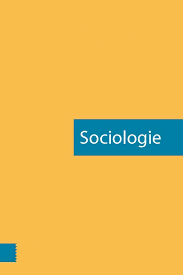Abstract
The traditional approach to class voting has largely ignored the question whether ‘objective’ class membership coincides with ‘subjective’ class identification. Following Sosnaud et al. (2013) and D’Hooge et al. (2015), this study evaluates party preferences in the Netherlands when people’s objective and subjective social class do not coincide. Seminal studies on voting behavior have suggested that members of lower classes are more likely to vote for the economic left and cultural right and that higher classes demonstrate the opposite pattern. Yet, these studies have overlooked on the one hand the possibility that there is a mismatch between the objective class people can be classified in and the class they think they are part of, and on the other hand the consequences of this discordant class perception on voting behavior. I find that the majority of the Dutch people identify with the middle class, whereas only a minority of the lower and higher classes correctly perceive their objective social class. Further, subjective class identification seems to be a better predictor of general and economic voting behavior than objective class. When it comes to general and economic voting the Klasse für sich prevails over the Klasse an sich.
How to Cite:
D’Hooge, L., (2016) “Objectieve klasse, inschatting van klasse en stemgedrag in Nederland”, Sociologie 12(1), 97–121. doi: https://doi.org/10.5117/SOC2016.1.HOOG
Downloads:
Download PDF
View PDF


